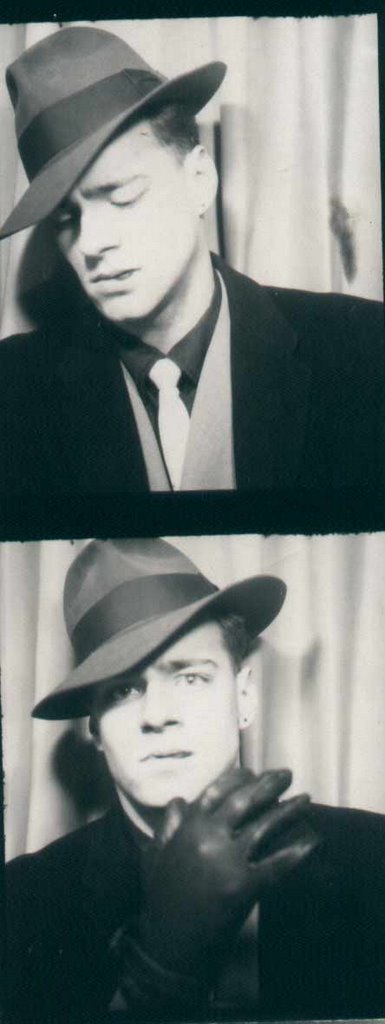Let us not pretend that the past was some kind of golden era of civic virtue. In 1956 there was, after all, a draft and we have to ask why those 300 Princeton graduates who didn’t serve evaded this draft. Surely they could not all have had flat feet? Similarly, during the Civil War the wealthy were allowed to buy their way out of military service by supplying a substitute or paying a bounty. And too, again in 1956, when Democratic presidential nominee Adlai Stevenson called for truly universal national service he was resoundingly defeated at the polls. But it is well also to keep in mind that when, a few years later, the most famous young man in the country, Elvis Aaron Presley, was called to the colors, he went without hesitation, even at a probable cost to his career of two of his potentially most profitable years. And of course the British famously sustained the first two years of participation in the Great War without resorting to a draft, so numerous were the volunteers.

A particularly interesting case was that of the founders of the America First Committee. Opposing participation in what they saw as a European war that did not concern the United States, the America First Committee was formed by a group of Ivy League students in early 1940. They campaigned hard against intervention, publishing books and leaflets, buying radio time for speeches, organizing rallies. And yet, when war finally came on December 7, 1940, they all volunteered. By the end of that month, every one of the student board members of the Committee was in uniform.
Was there a similar outpouring after the 9/11 outrage? Not among the elites. Sure you often hear stories about how someone felt it was their duty to join up after this assault, but they are nearly always poor mopes from the hinterland, never the sons of bankers or senators. There is a justifiably famous sequence in “Fahrenheit 9/11” where Michael Moore makes light of just this circumstance by asking congressmen on their way to work if their sons are in uniform.
This development is distressing for two reasons. There is, of course, the obvious injustice of a system that allows the burden of sacrifice in time of war to fall unequally upon the classes. But more subtly, there is the change of attitude towards war when the elites don’t have to send their own sons to die. The Vietnam War became impossible to prosecute when those very sons of the elite who were subject to a draft and service came to realize that it was not a war worth fighting. They then opposed the war with all of the passion of interested parties, unlike the college students of today who would just as soon attend a pro-gay marriage rally as an anti-war march.
This is why I favor a draft. Only by putting their own sons in the line of fire can we make the rich see the true cost of war.




No comments:
Post a Comment